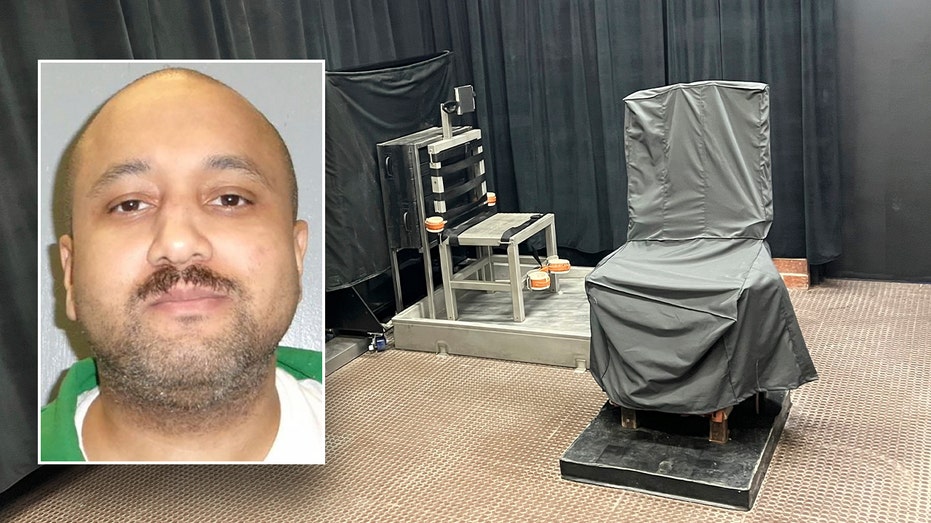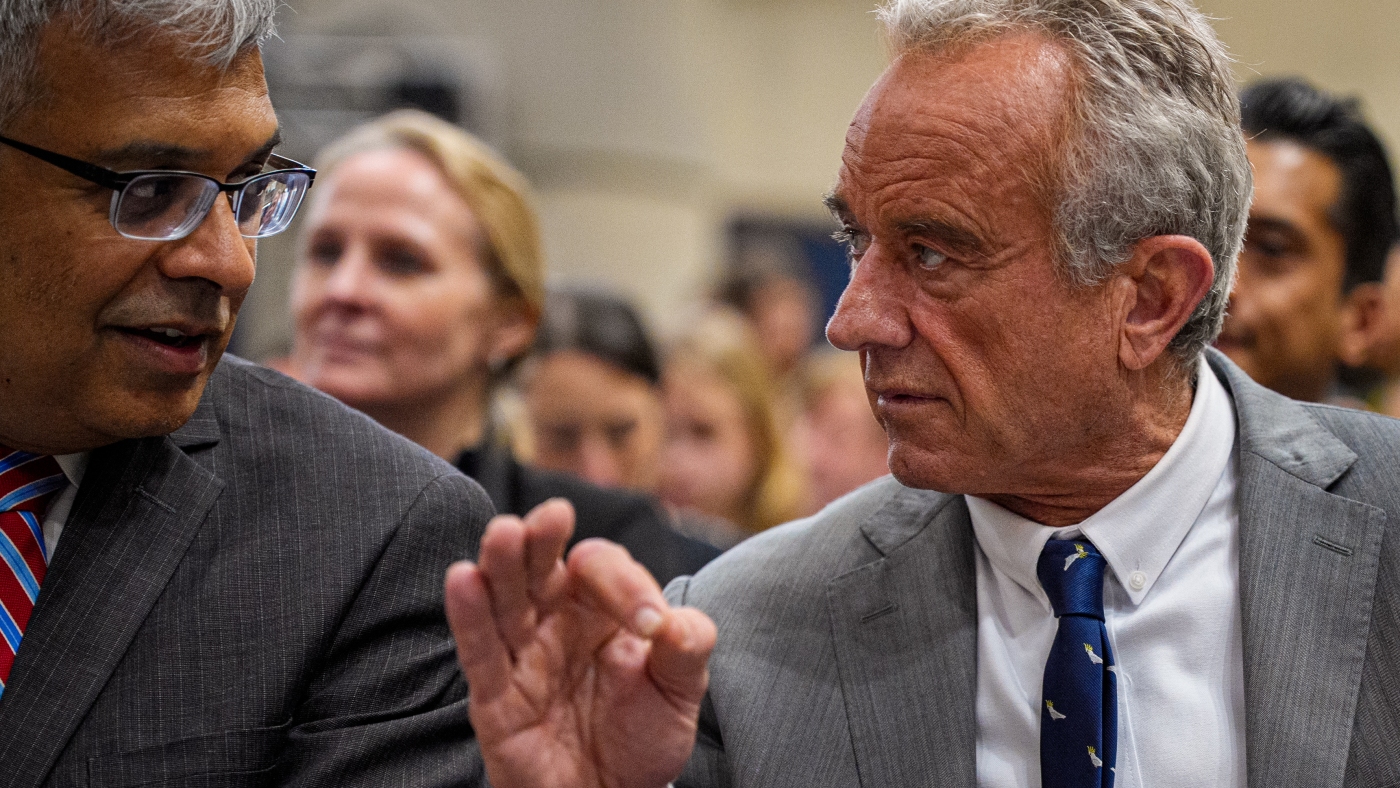Plymouth Union Public (PUP) Research said in a new memo shared first with The Hill that extending the subsidies while also cutting Medicaid spending through reconciliation could be the key to political success.
“Cutting Medicaid is unpopular, could jeopardize the GOP’s chances in the midterms, and could derail President Trump’s agenda during his final two years in office,” the group wrote. “Congress should use the same reconciliation process to extend the enhanced tax credit.”
Extending the enhanced tax credits is a “free-market policy position” that could save upwards of $540 billion if paired with the Medicaid cuts already under consideration, the group argued. Unlike Medicaid, the tax credits allow people to buy insurance on the private market.
The Congressional Budget Office said permanently extending the subsidies, which come in the form of tax credits, would cost $335 billion over the next 10 years. Republicans have balked at the cost, arguing the credits hide the true cost of the health law and subsidize Americans who don’t need the help.
Extending the subsidies permanently has been a key Democratic priority, while Republicans have been hesitant, at best, to back the effort.
But the group cited polling conducted in February by President Trump’s pollster Tony Fabrizio that found extending tax credits was supported by four out of five swing district voters, and it ranked as a top vote mover for them to vote for a Republican candidate.
The survey also found that 78 percent of Trump voters supported extending the health care premium tax credits.
Millions of enrollees have come to rely on the enhanced subsidies, and they’ve helped boost health insurance enrollment to record levels.

















































































